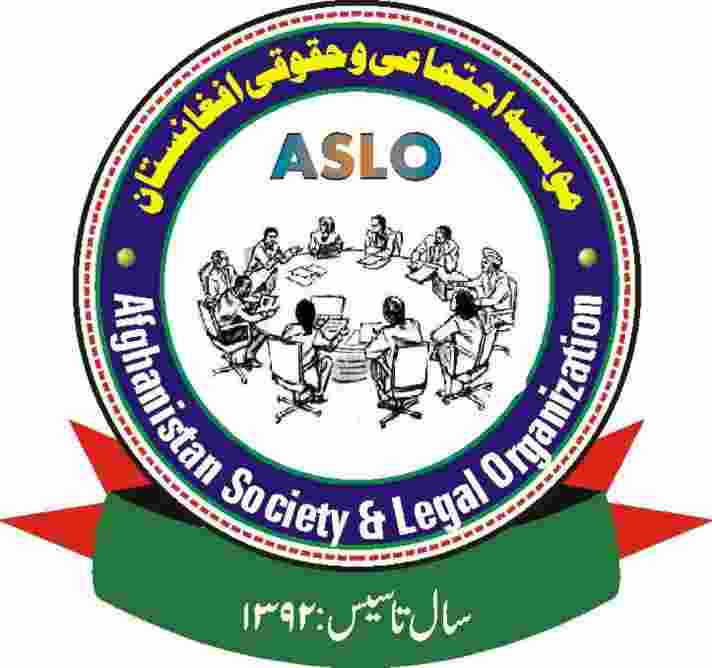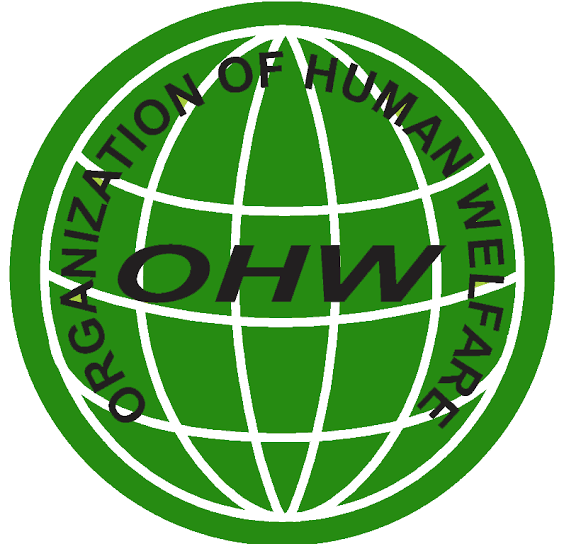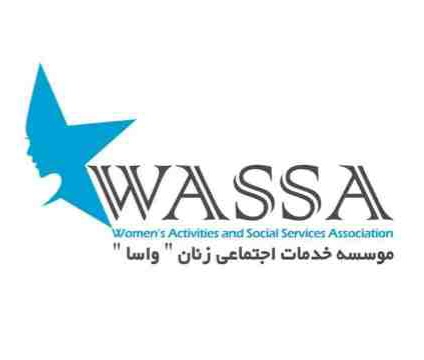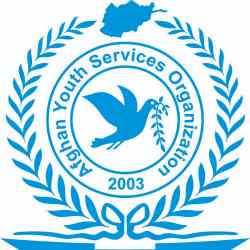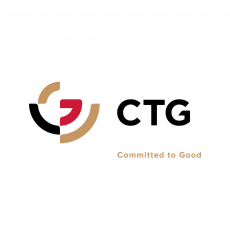Diversity, Equity and Inclusion are core principles at UNDP: we value diversity as an expression of the multiplicity of nations and cultures where we operate, we foster inclusion as a way of ensuring all personnel are empowered to contribute to our mission, and we ensure equity and fairness in all our actions. Taking a ‘leave no one behind’ approach to our diversity efforts means increasing representation of underserved populations. People who identify as belonging to marginalized or excluded populations are strongly encouraged to apply. Learn more about working at UNDP including our values and inspiring stories.
UNDP does not tolerate sexual exploitation and abuse, any kind of harassment, including sexual harassment, and discrimination. All selected candidates will, therefore, undergo rigorous reference and background checks.
Background and Organizational Context
UNDP is the leading United Nations organization fighting to tackle the injustices of poverty, inequality, and climate change on a global scale. Working with our broad network of experts, host governments and partners in 170 countries, we help nations to build integrated, lasting solutions for people and planet. UNDP has been working in Afghanistan for more than 50 years on climate change and resilience, gender, governance, health, livelihoods, and rule of law.
Following the power shift in August 2021, the situation for the country remains largely uncertain and fragile, with approximately seventy percent of the population facing multifaceted vulnerabilities affecting their well-being, human security and long-term development while nearly a third of the population are estimated to be acutely food insecure. Over the recent years, international assistance has played a vital role in averting a socioeconomic collapse by providing lifesaving, resilience-building and livelihoods-sustaining assistance to millions of people, hundreds of critical healthcare and educational centres, and tens of thousands of small and medium enterprises, often owned and managed by women. Nevertheless, the humanitarian challenge in Afghanistan is one of the biggest in the world, and basic human needs and priorities remain extremely high. In 2024, 95 percent of households experienced at least one shock of an economic or natural disaster nature such as floods, droughts and others.
To help tackle the pressing challenges for enduring livelihoods and climate resilience, UNDP is designing fit-for-purpose portfolios of programs to create new livelihoods, income opportunities, basic services and to build resilience against climate-induced natural calamities that continue to haunt millions of households in the country.
Afghanistan remains one of the most gender-unequal countries in the world, with women facing systemic challenges hindering their access to education and employment opportunities in the public sector and restricting their participation in public life. UNDP remains committed to women's empowerment through capacity-building initiatives, livelihoods and self-employment/employment support, enhancing gender-responsive decision-making at community level, and supporting local communities to include women, in line with UNSCR 1325 (Women, Peace, and Security).
The Climate Change, Energy and Environmental Management portfolio focuses on advancing Afghanistan’s climate resilience and energy sustainability in a fragile and under-developed context. The portfolio team works to influence climate change management strategies, adaptation plans, and address gaps in environmental assessments, greenhouse gas inventories, and hazard mapping. These efforts aim to create a comprehensive understanding of the country’s climate risks and vulnerabilities, paving the way for targeted interventions, technology transfer, and improved environmental governance. UNDP invests in a range of community-based infrastructure (dams, chek dams, irrigation systems, flood protection systems, afforestation initiatives, etc.) to enhance community resilience to climate change and natural hazards, and engages with local communities to develop disaster risk reduction frameworks and early warning systems. UNDP climate priorities align with UNSCR 2721 (2023).
Given limited access to global climate funds, such as GCF and the Adaptation Fund, the portfolio team strives to lobby for and explore alternative financing avenues, including private sector engagement and innovative models like private partnerships to help mobilize resources. The team also advocates for donor collaboration to unlock critical funding from global vertical funds as well as traditional and non-traditional financing sources. The team addresses emerging priorities, including renewable energy and extractive industries, by working with a range of actors, including the private sector, and fostering partnerships to fill critical knowledge and resource gaps. Ultimately, the portfolio seeks to deliver sustainable, scalable solutions for Afghanistan’s adaptation and mitigation needs.

